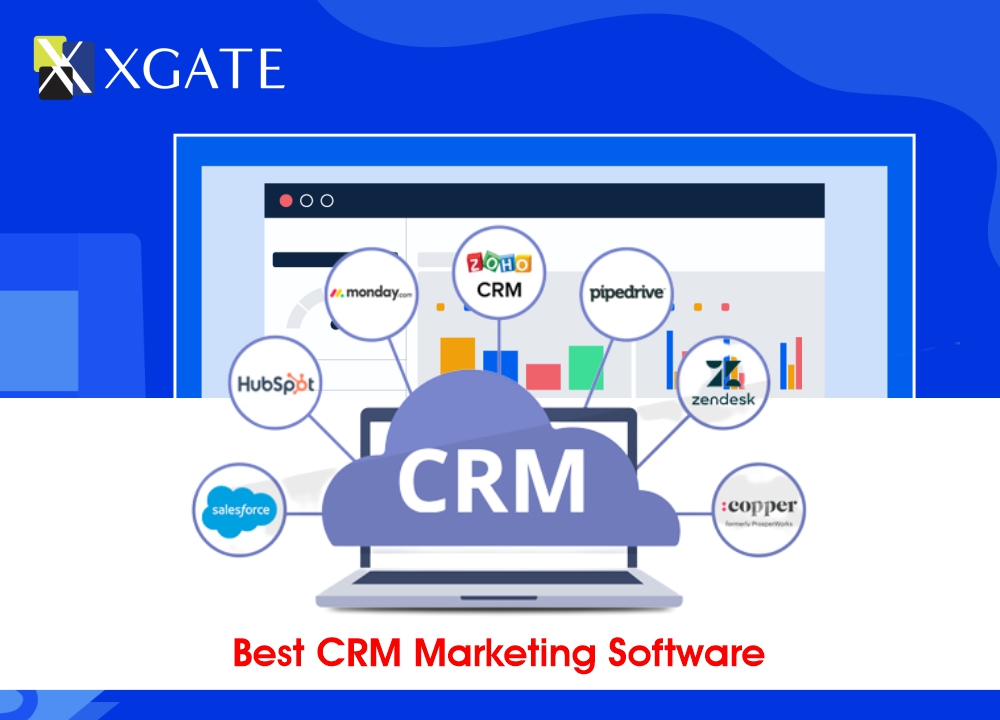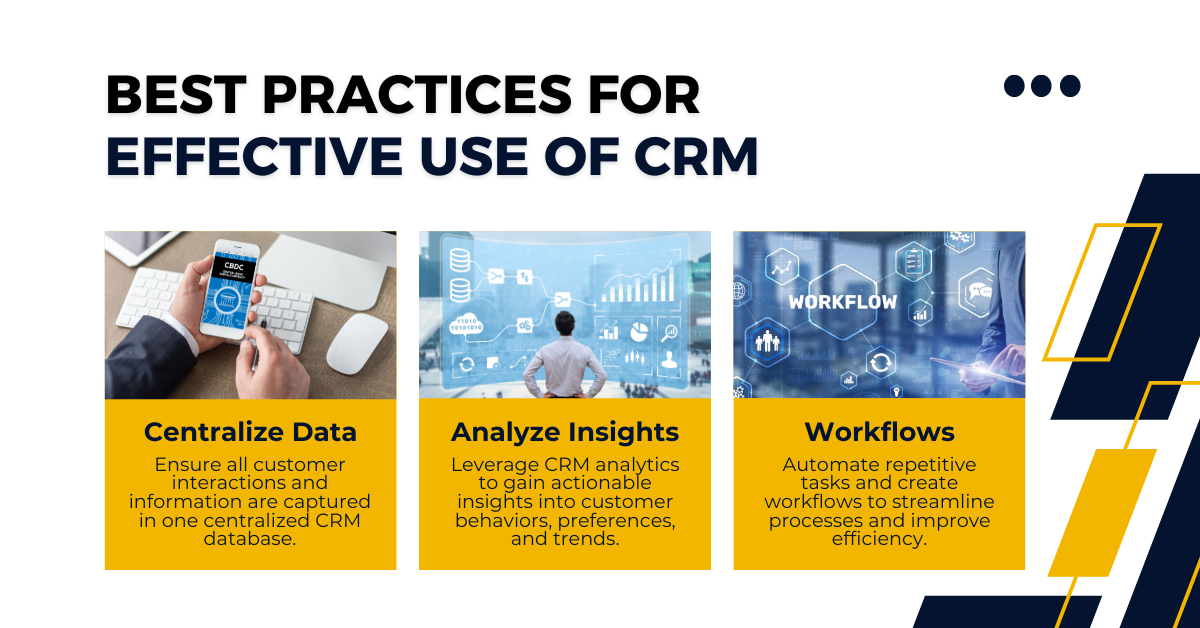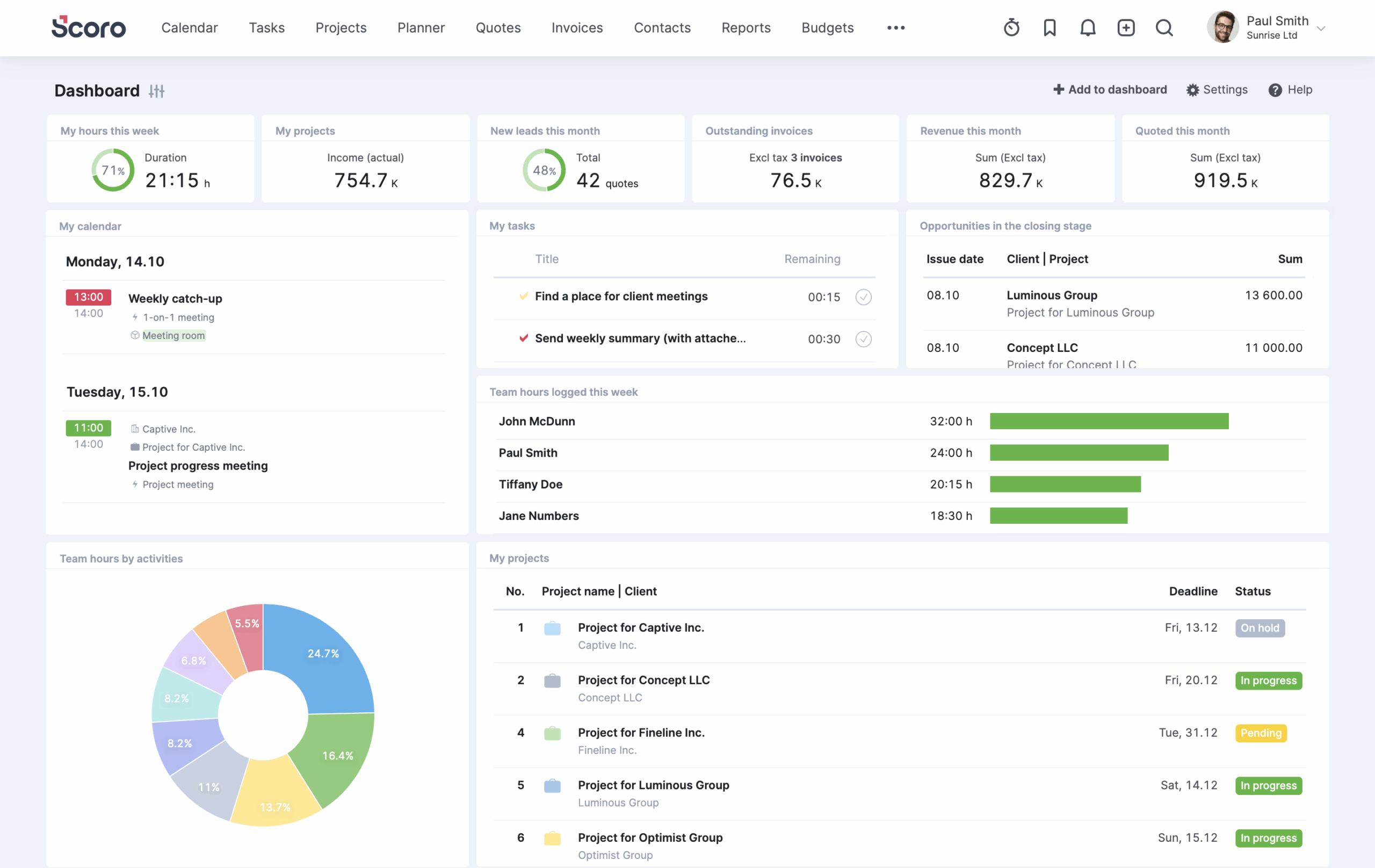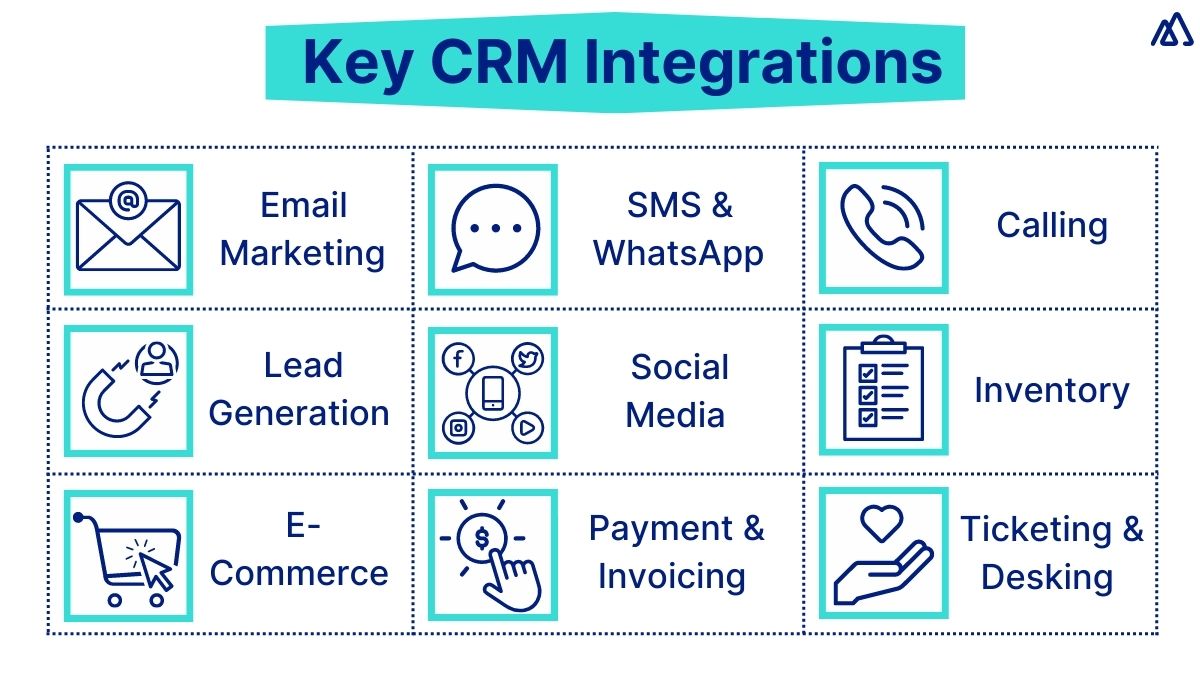Supercharge Your Workflow: A Deep Dive into CRM Integration with Notion
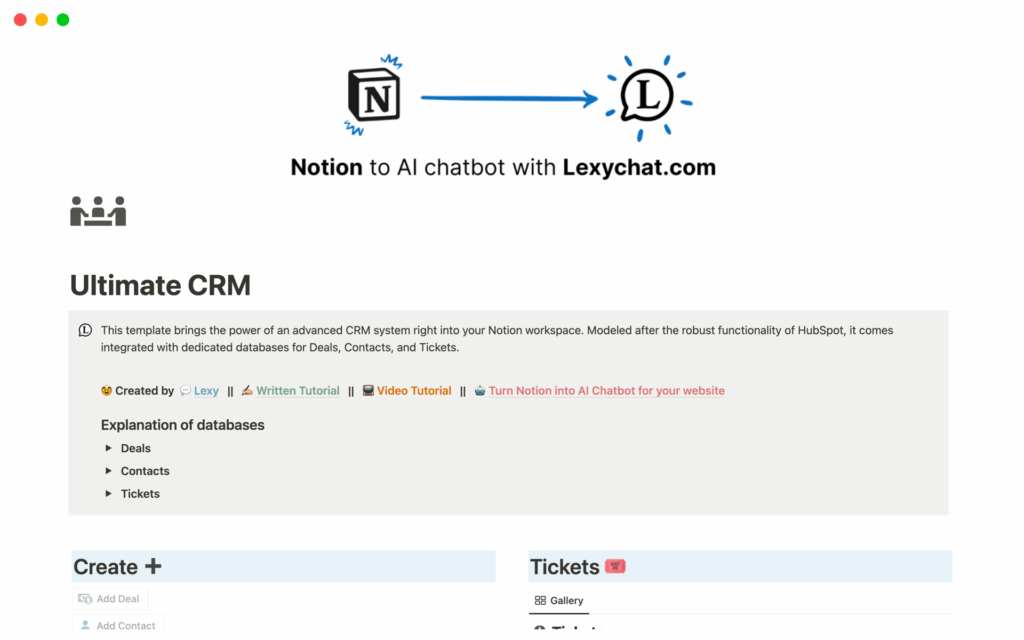
Supercharge Your Workflow: A Deep Dive into CRM Integration with Notion
In today’s fast-paced business environment, staying organized and efficient is paramount. Customer Relationship Management (CRM) systems are crucial for managing interactions with potential and existing customers. Notion, on the other hand, has become a favorite tool for its versatility, allowing users to manage projects, take notes, and build databases. The combination of these two powerful tools – CRM and Notion – unlocks a new level of productivity and control. This article delves into the benefits, methods, and best practices of CRM integration with Notion, helping you streamline your workflow and achieve optimal results.
Why Integrate CRM with Notion? The Synergy Explained
Integrating your CRM with Notion isn’t just about connecting two software programs; it’s about creating a synergistic ecosystem where data flows seamlessly, and information is always at your fingertips. Here’s why you should consider this integration:
- Centralized Information: Consolidate all your customer data, project details, and related information in one centralized location. No more switching between multiple apps to find what you need.
- Enhanced Collaboration: Notion’s collaborative features enable teams to work together more effectively. Share customer information, track progress, and update records in real-time.
- Customization and Flexibility: Notion’s flexibility allows you to tailor your CRM setup to fit your unique business needs. Create custom databases, views, and workflows.
- Improved Data Accessibility: Access CRM data within Notion, making it easier to analyze customer interactions, track sales cycles, and make data-driven decisions.
- Cost-Effectiveness: Notion offers a cost-effective solution compared to some premium CRM systems, especially for small to medium-sized businesses.
Understanding the Core Concepts: CRM and Notion
What is a CRM?
A CRM system is a software solution designed to manage and analyze customer interactions and data throughout the customer lifecycle. Key functions include:
- Contact Management: Storing and organizing contact information, including names, email addresses, phone numbers, and social media profiles.
- Lead Management: Tracking leads, qualifying them, and nurturing them through the sales funnel.
- Sales Automation: Automating repetitive tasks, such as sending emails, scheduling follow-ups, and generating reports.
- Customer Service: Managing customer inquiries, resolving issues, and providing support.
- Analytics and Reporting: Analyzing customer data, tracking sales performance, and generating reports to identify areas for improvement.
What is Notion?
Notion is an all-in-one workspace that allows users to take notes, manage projects, create databases, and build websites. Its key features include:
- Note-Taking: Creating and organizing notes with rich text formatting, images, and embedded media.
- Project Management: Managing tasks, setting deadlines, and tracking progress with Kanban boards, calendars, and lists.
- Database Creation: Creating custom databases to store and organize any type of information.
- Collaboration: Sharing workspaces, collaborating with team members, and assigning tasks.
- Customization: Building custom workflows and dashboards to meet specific needs.
Methods for CRM Integration with Notion
There are several ways to integrate your CRM with Notion, each with its own advantages and disadvantages. Here are some of the most popular methods:
1. Manual Data Entry
The simplest method is to manually enter data from your CRM into Notion. While this is time-consuming, it can be useful for small businesses or for individuals who only need to track a few key metrics. This method gives you complete control over what data you include and how it’s organized.
Pros:
- Complete control over data entry.
- No reliance on third-party tools.
- Suitable for small datasets.
Cons:
- Time-consuming and prone to errors.
- Not scalable for large datasets.
- Data can quickly become outdated.
2. Using Zapier or Similar Automation Tools
Zapier and other automation platforms like Make (formerly Integromat) provide a powerful way to connect your CRM with Notion without any coding. These tools allow you to create automated workflows (called “Zaps” in Zapier) that trigger actions in Notion based on events in your CRM. For example, you can automatically create a new Notion page for each new contact added to your CRM, or update a Notion database when a deal stage changes.
Pros:
- No coding required.
- Automated data transfer.
- Scalable for larger datasets.
- Real-time data synchronization.
Cons:
- Requires a paid subscription to Zapier or similar tools.
- Limited customization options compared to custom integrations.
- May encounter limitations depending on the CRM and Notion features.
3. Using CRM’s Native Integration (If Available)
Some CRM systems offer native integrations with Notion. This is usually the most seamless and efficient method, as the integration is specifically designed to work with the CRM and Notion. Check your CRM’s documentation or support pages to see if this option is available.
Pros:
- Seamless integration.
- Often provides the most comprehensive features.
- Easy to set up and maintain.
Cons:
- Availability depends on the CRM.
- May require a paid subscription to the CRM or a specific plan.
- Limited flexibility compared to custom integrations.
4. Custom Integrations with APIs
For advanced users, custom integrations using APIs (Application Programming Interfaces) offer the most flexibility and control. This involves writing code to connect your CRM with Notion. This method is best suited for businesses with specific requirements that can’t be met using other methods. You’ll need to be comfortable with coding or hire a developer.
Pros:
- Maximum flexibility and control.
- Ability to customize data transfer and workflows.
- Suitable for complex integrations.
Cons:
- Requires coding knowledge or a developer.
- Time-consuming and expensive.
- Requires ongoing maintenance.
Step-by-Step Guide: Setting Up a Basic Integration with Zapier
Let’s walk through a basic example of setting up an integration using Zapier to automatically create a new Notion page for each new contact added to your CRM (e.g., HubSpot, Salesforce, etc.). The specific steps may vary depending on your CRM and the features available in Zapier.
- Sign up for Zapier: If you don’t already have one, create a Zapier account.
- Connect Your CRM: Connect your CRM to Zapier. You’ll need to provide your CRM login credentials and authorize Zapier to access your data.
- Connect Notion: Connect your Notion account to Zapier. You’ll need to grant Zapier access to your Notion workspace.
- Choose a Trigger: Select a trigger event in your CRM. For example, “New Contact” or “New Deal.”
- Choose an Action: Select the action “Create Page” in Notion.
- Map Data Fields: Map the data fields from your CRM to the corresponding fields in your Notion page. For example, map “First Name” from your CRM to the “First Name” property in your Notion page.
- Test Your Zap: Test your Zap to ensure it’s working correctly. Add a test contact to your CRM and verify that a new page is created in Notion.
- Turn on Your Zap: Once you’re satisfied with the test results, turn on your Zap to automate the integration.
Important Note: This is a simplified example. Depending on your needs, you can create more complex Zaps to automate various workflows, such as updating Notion databases when deal stages change, sending notifications, and more. Explore the different triggers and actions available in Zapier to customize your integration.
Best Practices for CRM Integration with Notion
To ensure a successful and efficient integration, consider these best practices:
- Plan Your Workflow: Before starting the integration, define your goals and plan your workflow. Determine what data you need to transfer between your CRM and Notion, and how you want to use it.
- Choose the Right Method: Select the integration method that best suits your needs, technical skills, and budget. Consider the features, scalability, and ease of use of each method.
- Start Small: Begin with a simple integration and gradually add more features as needed. This helps you avoid overwhelming yourself and makes it easier to troubleshoot any issues.
- Test Thoroughly: Always test your integration before deploying it. Make sure the data is transferring correctly and that your workflows are working as expected.
- Document Your Setup: Document your integration setup, including the tools you’re using, the data fields you’ve mapped, and any custom configurations. This will help you troubleshoot issues and make future changes.
- Keep Data Clean and Organized: Maintain clean and organized data in both your CRM and Notion to ensure accurate information.
- Regularly Review and Optimize: Periodically review your integration to ensure it’s still meeting your needs. Optimize your workflows and make adjustments as needed.
- Consider Security: When connecting your CRM and Notion, be mindful of security. Use strong passwords, enable two-factor authentication, and review the permissions granted to third-party apps.
Examples of CRM and Notion Integration in Action
Let’s look at a few real-world examples of how businesses are using CRM integration with Notion:
- Sales Team: A sales team uses HubSpot as their CRM and integrates it with Notion. When a new lead is added to HubSpot, a new page is automatically created in Notion, containing the lead’s information. Sales reps use this Notion page to track their interactions with the lead, manage tasks, and document notes.
- Marketing Team: A marketing team uses Salesforce as their CRM and integrates it with Notion. They create a Notion database to track marketing campaigns and their performance. Data from Salesforce, such as campaign results and lead conversions, is automatically synced to Notion, providing a centralized view of marketing efforts.
- Customer Support Team: A customer support team uses Zendesk as their CRM and integrates it with Notion. They create a Notion database to track customer issues and resolutions. When a new support ticket is created in Zendesk, a new entry is added to the Notion database, allowing the team to collaborate on resolving the issue and track customer satisfaction.
- Project Management: A project management team integrates their CRM with Notion to track client projects. They create a dedicated Notion page for each client, pulling in relevant client information from the CRM and using Notion’s project management features to manage tasks, deadlines, and deliverables.
Troubleshooting Common Issues
Even with the best planning, you might encounter issues during the integration process. Here are some common problems and how to solve them:
- Data Not Syncing: Double-check your connection settings, trigger events, and action configurations in Zapier or your chosen automation tool. Make sure the data fields are mapped correctly.
- Incorrect Data Displayed: Review the data mapping to ensure the correct fields are being transferred. Verify that the data types are compatible between your CRM and Notion.
- Slow Data Transfer: If you’re transferring a large amount of data, the data transfer may be slow. Consider optimizing your workflows or using a more powerful automation tool.
- API Limitations: Some APIs have limitations on the number of requests or data transfers. Review the API documentation for your CRM and Notion to understand their limitations.
- Authentication Issues: Verify that your login credentials and API keys are correct. Ensure that you have granted the necessary permissions to the automation tool.
- Formatting Problems: If you’re experiencing formatting issues, such as incorrect dates or currency, check the data mapping and formatting settings in your automation tool.
The Future of CRM and Notion Integration
The integration of CRM with Notion is a growing trend, and we can expect to see even more sophisticated integrations in the future. Here are some potential developments:
- More Native Integrations: We can anticipate more CRM systems offering native integrations with Notion, making the process even easier and more seamless.
- Advanced Automation: Automation tools will likely become more powerful, allowing for more complex workflows and deeper integration with CRM systems.
- AI-Powered Insights: AI-powered features could be integrated into the CRM and Notion workflow, providing insights, recommendations, and automated tasks.
- Improved Data Visualization: Better data visualization tools within Notion will enable users to gain deeper insights from their CRM data.
- Enhanced Collaboration: Features that further enhance collaboration between teams, such as real-time document editing and task assignment, will continue to evolve.
Conclusion: Empowering Your Business with CRM and Notion
Integrating CRM with Notion is a powerful strategy to boost productivity, improve collaboration, and gain a deeper understanding of your customers. By carefully planning your integration, selecting the right method, and following best practices, you can create a streamlined workflow that empowers your business to thrive. Whether you’re a small business owner or a large enterprise, the combination of CRM and Notion offers a versatile solution for managing customer relationships, tracking projects, and achieving your business goals. Embrace this integration, and watch your business flourish.

